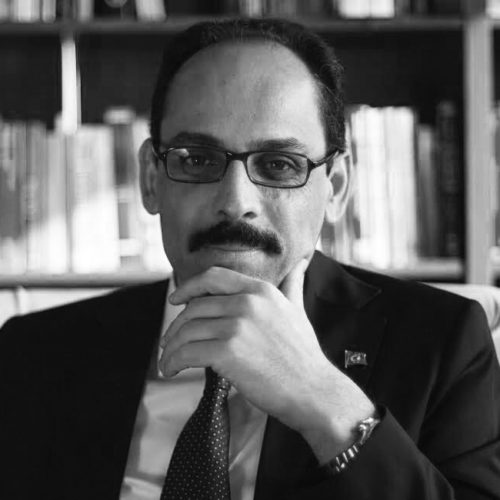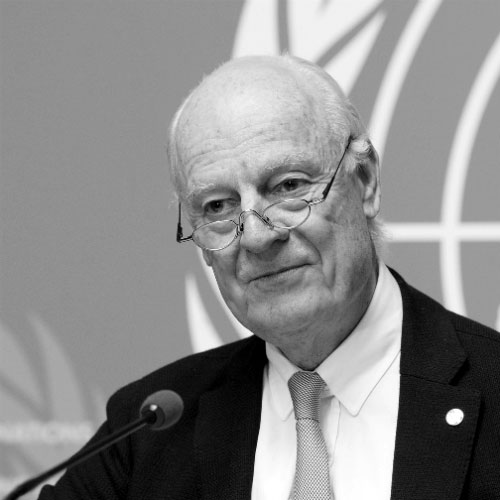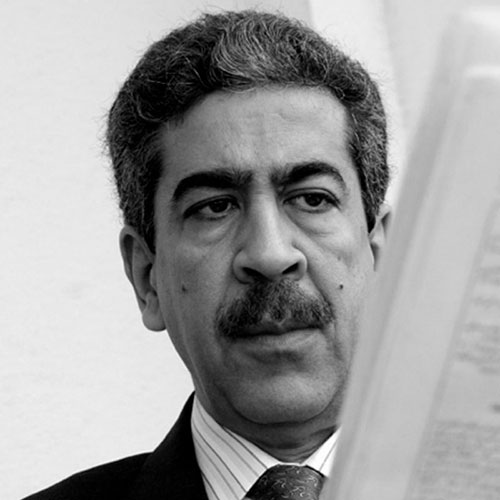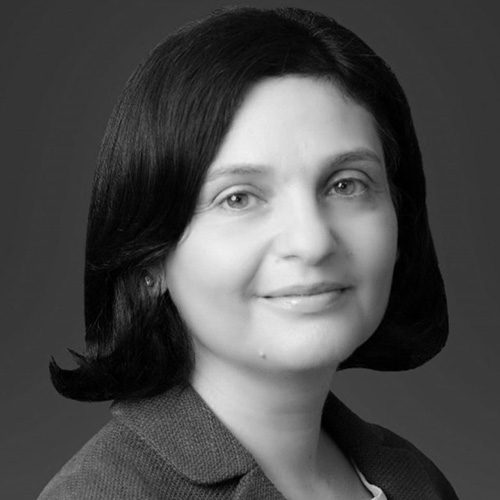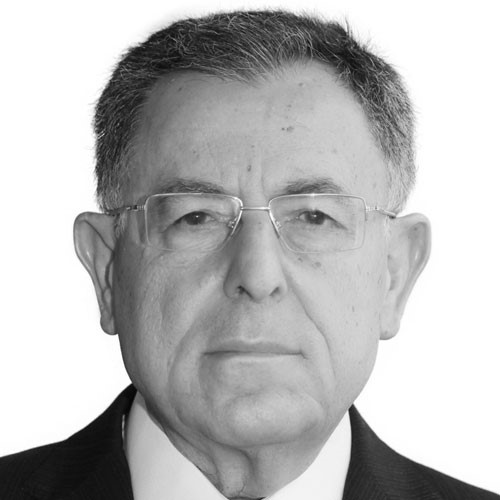The future of the Middle East remains one of the most oft-debated and controversial issues today. Intermittent conflict remains a defining feature of the region, with the Syrian conflict being only the most recent example. In “Regional Players and the Shifting Security Equation in the Middle East,” we spoke to diplomats, analysts, and mediators regarding the future of the Syrian question and the implications for the wider regional order. The specifics of the Syrian question were then discussed with Turkish presidential spokesperson, Ibrahim Kalin, and UN Special Envoy to Syria, Staffan de Mistura. They highlighted the importance of the Memorandum of Understanding (MOU) secured by Turkey and Russia regarding Idlib, and the importance of this achievement in furthering the potential to reach a political solution to the conflict. Maha Yahya, Director of the Middle East Center (Carnegie), and Mokhtar Lamini, the former head of the UN-League of Arab States, also analyzed the feasibility of reaching a political solution in Syria through these means, and the likelihood of their success.
Intermittent conflict in the Middle East has contributed to the widespread economic disparity and socio-political imbalances that the region has witnessed over the course of the past century. Within this framework, Ibrahim Kalin highlighted the issue of the power-imbalance that characterizes the world today, which has led to a general sense of insecurity in the region. He advocated strong public governance and holistic approaches to political and social issues as means to achieve stability. Similarly, the discussion with Staffan de Mistura and Ibrahim Kalin emphasized the importance of the peace process in Syria to the stability of the region as a whole. The Idlib agreement between Russia and Turkey was emphasized by the two discussants, as Kalin proposed that Turkey should not be the sole party responsible for maintaining the terms of the accord. Other key international players such as the US, the EU and the Gulf States also have a significant role to play. In that regard, Mistura proposed that Turkey would be faced with major challenges if it pursues the Idlib agreement without significant international participation. He thereby agreed with Kalin, and advised that working towards a political solution whereby different players actively participating in the region partner with Turkey.
The discussion then shifted to the more general issue of the failure to reach a political consensus in the Middle East. Major regional issues with international consequences, such as the Palestinian issue, the Syrian conflict, and the war in Yemen are exacerbated by this lack of consensus. In this respect, Maha Yahya argued that, due to lack of common interests among the different players, establishing a common framework currently represents a difficult challenge to overcome. This in turn makes the region vulnerable to further political fragmentation. In light of the increasing fragmentation, Mokhtar Lamani highlighted how the ongoing conflicts in the region lead to an augmentation of social and political mistrust between regional stakeholders and key international actors, resulting in derailed peace processes and unconsolidated policy initiatives.
In the concluding remarks, the resiliency of the people of the region was stressed. The importance of political determination was emphasized as being necessary for furthering, and, ultimately consolidating stability. However, as mentioned, the capacity to reach viable solutions fails to be achieved when political actors do not orient their regional outlook in a way that prioritizes the establishment of a stable political order. In this regard, the Idlib agreement can be pointed to as a rare success. However, increased collective and cooperative action between regional players is needed in order to curb and eventually find solutions to the ongoing conflicts plaguing the region.
